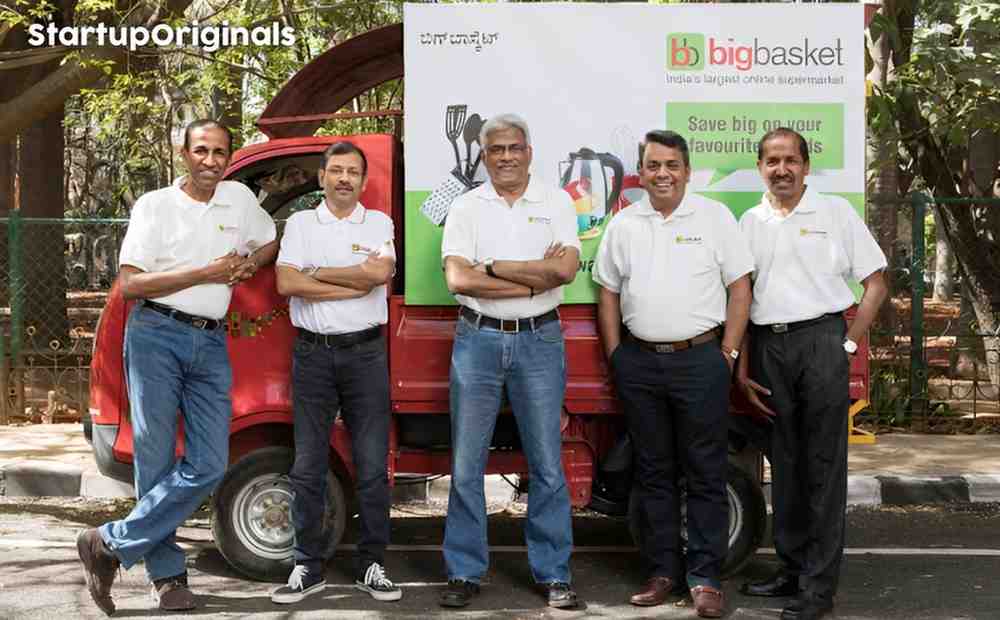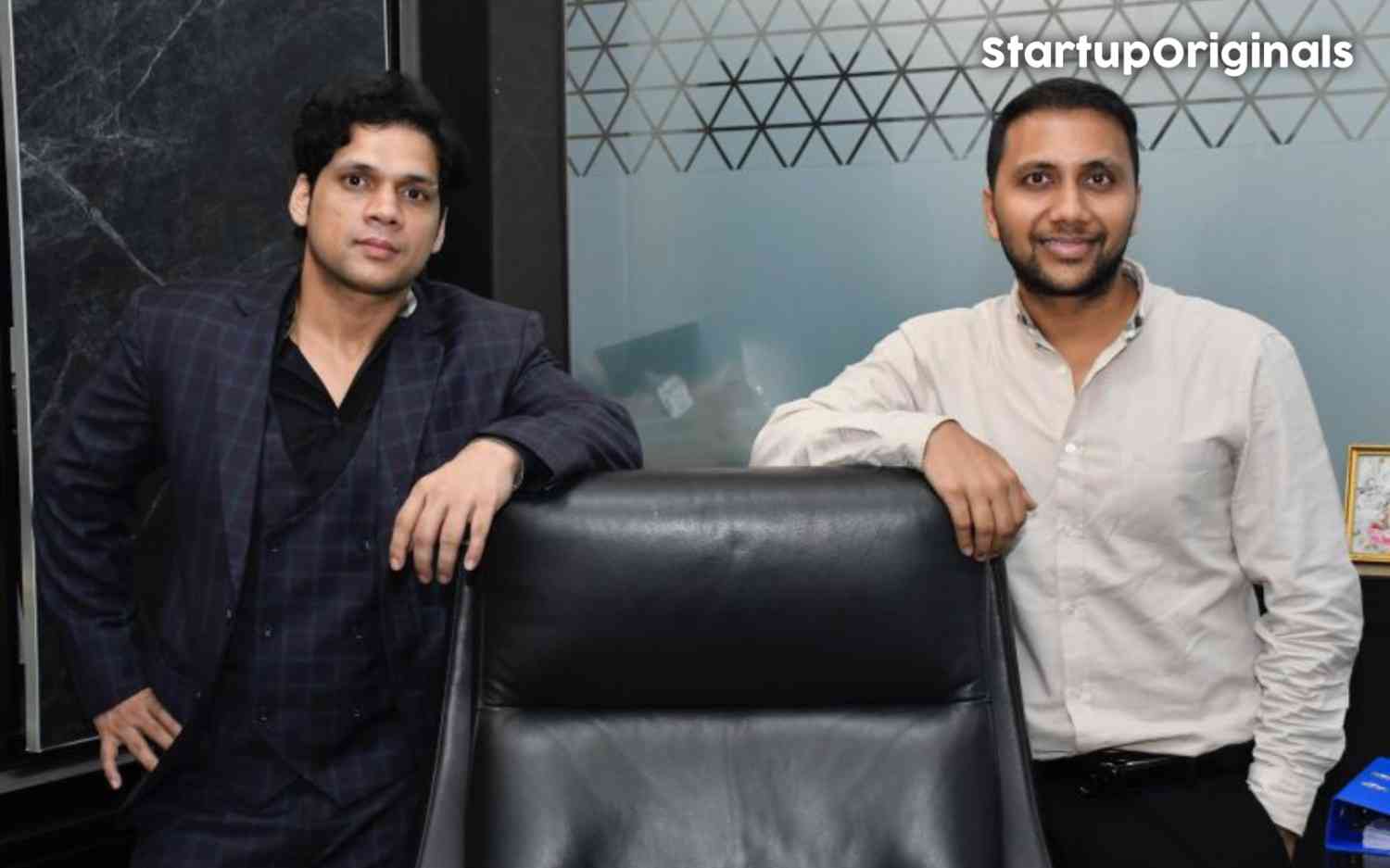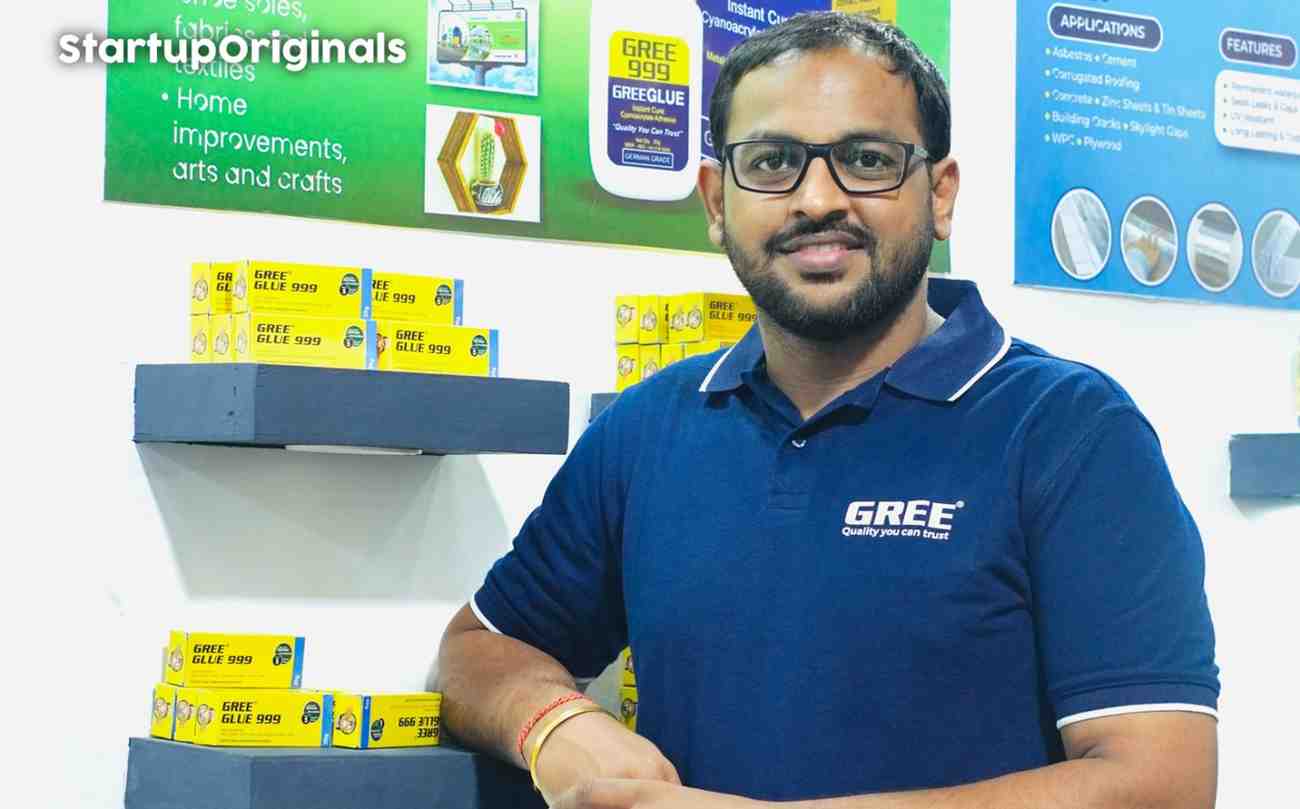
Imagine ordering your fruits, vegetables, groceries, and even gadgets from your sofa, and having them delivered to your doorstep in minutes. What sounds routine today was a radical idea just over a decade ago. BigBasket turned this vision into reality, revolutionizing grocery shopping in India, and is now a leader in the country’s booming e-commerce landscape.
Origins: The Founders’ Second Shot
BigBasket’s founding team-Hari Menon, Vipul Parekh, V.S. Sudhakar, V.S. Ramesh, and Abhinay Choudhari-were not new to e-commerce. Back in 1999, they had launched Fabmart.com, one of India’s earliest e-commerce ventures, but the market was not ready. After scaling down and eventually pivoting Fabmart into a chain of offline grocery stores (later acquired by Aditya Birla Group), the founders went their separate ways, carrying hard-won lessons about supply chains and online retail.
By 2011, the boom in smartphones and internet access had changed India’s digital landscape. Spotting a gap in the online groceries market, the group reunited and launched BigBasket, targeting stressed urban consumers who sought convenience, quality, and reliability in grocery shopping.
Early Struggles and Unique Approach:
Convincing Indians to buy groceries-especially fresh produce-online was not easy. Local kirana stores had loyal clientele and the “touch-and-feel” tradition for fruits, vegetables, and staples ran deep. BigBasket built credibility by investing in:
- A robust, tech-powered supply chain, with real-time inventory tracking.
- Direct sourcing from farmers and cooperatives, ensuring freshness and better pricing.
- Cold storage and temperature-controlled delivery.
- Proprietary private label brands like Fresho (for fresh produce), BB Royal, and BB Popular, offering affordable, quality alternatives for essentials.
Riding the E-commerce Wave:
BigBasket began in Bengaluru and rapidly expanded to major metros. By 2016, it was already India’s largest online grocer. Acquisitions like hyperlocal delivery startup Delyver strengthened its last-mile delivery and presence in more cities. The company transitioned from a buy-on-demand “marketplace” model to an inventory-led approach, owning warehousing, fulfillment, and delivery operations for better control and efficiency.
Growth, Funding, and the Tata Era:
BigBasket attracted significant investor interest, raising capital from marquee names such as Ascent Capital, Abraaj Group, Alibaba, CDC, and later Mirae Asset. In 2018, a funding round led by Alibaba valued BigBasket at $950 million. By 2019, fresh capital crowned them as a unicorn-a privately valued startup over $1 billion.
In May 2021, Tata Digital acquired a controlling 64% stake, marking a turning point. This gave BigBasket access to Tata’s financial muscle and cross-brand synergies. By 2023, fresh investments pushed its valuation to $3.2 billion, making it a key part of Tata’s expanding retail and e-commerce ecosystem.
Covid-19 and the Online Boom:
The pandemic supercharged e-commerce. With physical stores closed and safety paramount, demand for online groceries spiked. BigBasket’s orders soared-7 million per month by 2022-testing its supply chain but also solidifying its place in Indian households.
Innovation: Quick Commerce and Category Expansion
Facing fierce competition from rapidly growing quick commerce rivals, BigBasket launched BBNow, offering essentials within 15–30 minutes in select urban markets. It also ramped up BB Daily (subscription delivery for milk, eggs, and other daily needs) and BB Instant (vending machines at offices/apartments).
Powered by Tata’s ecosystem, BigBasket has expanded into:
- Medicines (with Tata 1mg)
- Luxury fashion (via Tata Cliq)
- Electronics (partnership with Croma)
- Ready-to-eat and specialty food (with Taj Hotels and Starbucks tie-ups)
In 2025, the company began testing 10-minute food and electronics delivery in key cities.
Performance and Future Plans:
- FY24 Revenue: ₹10,062 crore, up 6% YoY
- Gross Merchandise Value (GMV): ₹37,355 crore
- FY25 Projected Turnover: ₹12,000 crore
- Over 20 million active customers
- IPO plans: Targeting a public listing by 2026, aiming for $3 billion revenue and profitability
Despite waves of competition and ongoing pressure to innovate, BigBasket remains profitable in unit economics and is adding new categories to fuel future growth.
The Road Ahead:
BigBasket’s next phase is all about scale and speed: going deeper into Tier 2/3 cities, expanding instant delivery nationwide, and tapping into Tata’s vast portfolio to serve everything from groceries to gadgets. As e-commerce continues to evolve, BigBasket’s relentless focus on operations, customer trust, and innovation keeps it at the top of India’s digital revolution.
BigBasket’s journey is not just the story of a company, but a testament to the vision, persistence, and agility needed to reshape daily life for millions of Indians.




